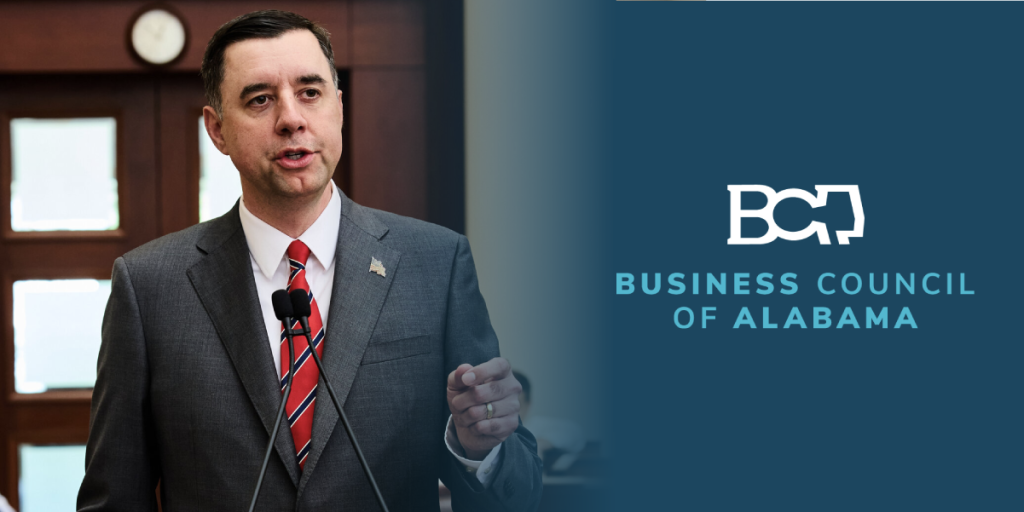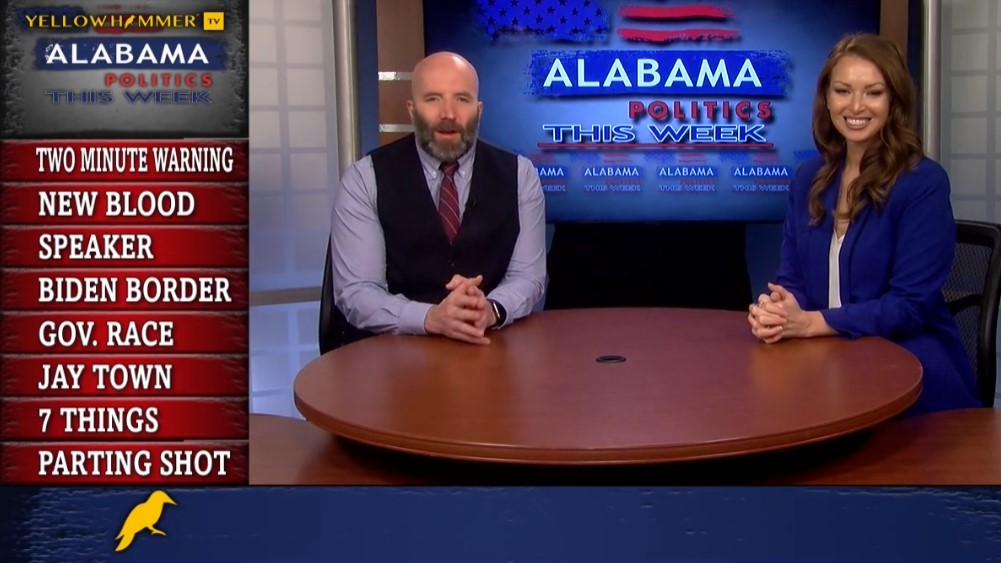Elon Musk’s release of internal Twitter communications, the “Twitter Files,” confirmed the shadow banning of conservative politicians and pundits, previously dismissed as a conspiracy theory. Studying economics generates wariness of conspiracy theories in two ways, by highlighting the organizational difficulties, and demonstrating the potential for unplanned order in society.
Let’s first consider what constitutes a conspiracy. For one, multiple people, as a lone wolf merely has a plan. And generally, secrecy, which implies illegal or unapproved actions. Dozens of police officers investigating a murder is not a conspiracy.
Collective action problems make the organization and execution of conspiracies difficult. Economics employs methodological individualism to study markets, a fancy term meaning building up from the choices and actions of individuals. For example, demand represents the buyers’ half of a market, and we build demand from the choices of each consumer.
Groups are comprised of individuals with their own goals and incentives. Methodological individualists are unlikely to commit the unitary actor fallacy or focusing exclusively on a leader’s choices. Generally, a tension exists between individuals and the group.
Frequently groups pursue what economists call public goods or ameliorate public bads. Emphasis here is on publicness, meaning that all members share the outcome, like say a fun block party or noise pollution from a factory. But action is costly. Group members are better off letting someone else do the work and still benefitting, or what economists call free riding.
Collective action problems do not necessarily doom groups. People can recognize their common interest and mechanisms exist to control free riding. Still, conspiracy theorists must detail how conspirators are motivated to actively participate rather than let others do the heavy lifting.
Organizing a conspiracy involving a criminal or despicable act is even harder. Now each potential conspirator can, in addition to free riding, reveal the plot to the authorities or the public, possibly earning fame and fortune as a whistleblower.
We might observe leaders exhorting contributions to the common cause. Such pleas, especially when part of a written historical record, appear to prove conspiracy. But these statements are often aspirational; we should still look for evidence of action, not just for words.
In addition to collective action problems, economics also teaches about spontaneous order, which refers to institutions which are the product of human action but not human design. To take an example, consider the emergence of money. People engaging in barter recognize difficulties, like searching for a “double coincidence of wants” or making 10 trades to get what they want. Someone realizes that a widely liked good is easier to trade and accepts it even though they want something else; others follow along. Eventually a medium of exchange emerges because it makes peoples’ lives better.
Enormous societal change can occur without anyone issuing orders.
Urbanization and the Industrial Revolution occurred as rising agricultural productivity
freed up labor. At the same time, harnessing steam power allowed the mass production
of things like textiles provided workers could be found. Factories offered high enough
wages to get people to move to cities. Freedom and the desire for better lives can
change society.
If you do not recognize spontaneous order, patterns in society will appear planned by someone, and presumably for their benefit. And if we cannot identify the designers, a secret cabal must be at work. One of the world’s most successful conspiracy theorists, Karl Marx, attributed the Industrial Revolution to factory owners (the capitalists), who made everything happen to exploit the proletariat. Unplanned order renders theories of control, including conspiratorial control, unnecessary.
Collective action problems and spontaneous order are general considerations, not evidence against any conspiracy. Maybe the CIA did kill John F. Kennedy. Conspiracies are difficult to disprove, in part because secrecy is usually an element of the conspiracy. But massive conspiracies, like the Loch Ness monster, are highly unlikely to both exist and remain hidden.
Daniel Sutter is the Charles G. Koch Professor of Economics with the Manuel H.
Johnson Center for Political Economy at Troy University and host of Econversations on
TrojanVision. The opinions expressed in this column are the author’s and do not
necessarily reflect the views of Troy University.








